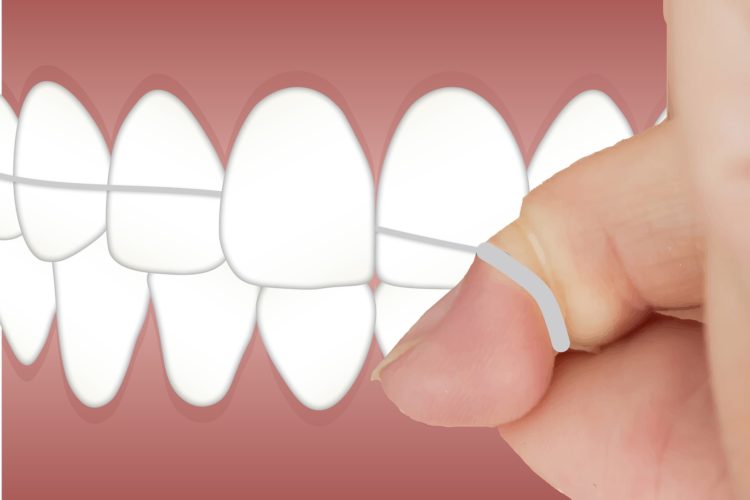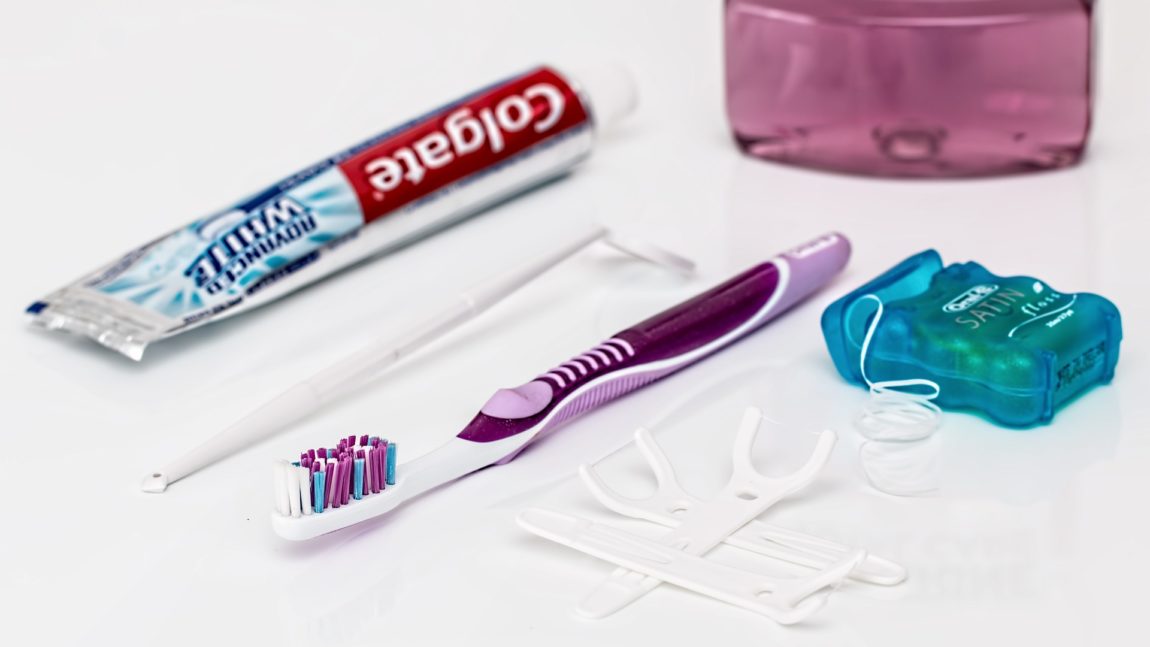Do you take the time to floss?
Many patients fail to add flossing to the dental hygiene routine or if they do they might not be doing it correctly! Failure to floss can cause result in serious dental health problems.
Why you should invest time in flossing?
Here are a few of the many benefits associated with flossing:
Cleans your entire tooth
Although brushing your teeth is important, even the best of toothbrushes can only clean the front and back of your teeth. Your toothbrush isn’t enough to brush away the plaque that can build up between teeth and under the gum line. Toothbrush bristles never reach the space between your teeth, allowing trapped food and bacteria to fester.
Prevents plaque buildup
Flossing removes 40% of plaque from your teeth. It only takes 48 hours for plaque to bind to your teeth. And when that happens, the plaque can only be removed by professional cleaning. Plaque generates acid that can cause cavities, gum irritation, and gum disease. Regular flossing also helps prevent bad breath resulting from plaque buildup.
Keeps you healthy
Gum disease affects more than just your mouth. Heart disease, stroke, diabetes, and other illnesses can be caused or exacerbated by gum disease. By attacking the bones in your lower jaw and ravaging your gums and teeth, gum disease can ruin your smile and even your facial structure. A little bit of dental floss can go a long way. With regular flossing and other dental health practices, you can drastically reduce the chances of gum disease forming.
Strengthens your teeth
Flossing will help keep your teeth strong, healthy, and cavity-free. The bacteria, food, and sugar rotting between the teeth can lead to painful cavities. Help your children develop dental care habits by teaching them how to floss as soon as two of their teeth grow together. Flossing regularly as children and adults will save you time and money on your teeth. If it’s been awhile since you’ve flossed, your gums may bleed at first. But with regular upkeep, the bleeding will subside. If your gums continue bleeding for a week or more, contact your dentist.
How often should you floss?
Flossing first then brushing right after every meal is ideal. The least you can do to NOT FEED the bacteria making cavities is to floss every night before going to bed. Using a waxed string of floss as demonstrated on our video which a resistant feeling from the gum then hugging the side of each tooth, going up and down a few times to clean and gum and teeth surfaces. Waxed floss helps us clean under the gum and teeth that the toothbrush can not reach.
Should you floss before or after brushing?
Floss before brush!!!

How should you floss?
Pull out about 18 inches of floss (you can buy any brand in your local supermarket). Wind the floss tightly around your index or middle fingers on both hands so that the floss between your hands is taut. Slide the floss between each set of teeth that touch, as well as where your last molar meets your gums. Slide the floss up and down the teeth, following the natural curve of each tooth in a “C” shape. Imagine the floss giving each tooth a little hug! Floss between teeth and where your teeth meet your gums. Use a new clean section of floss for each set of teeth.
Can’t floss?
If arthritis in your hands or another condition prevents you from flossing adequately, consider a dental pick, oral irrigator, or electric flosser.
Get In Touch
Call us on (091) 563 792 to book an consultant at Rdent, Galway. Check out our services HERE.
FACEBOOK | INSTAGRAM | TWITTER


Add Comment